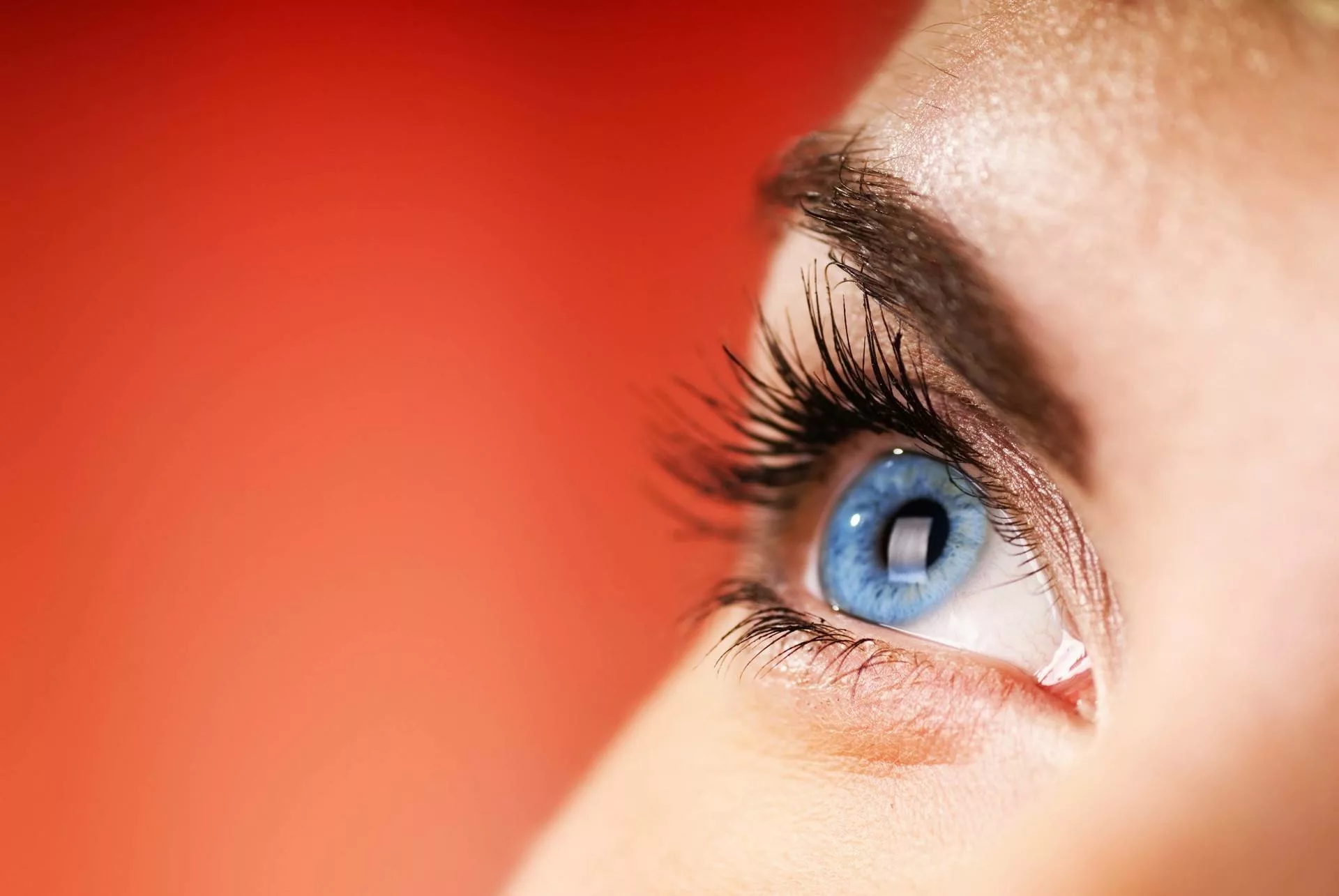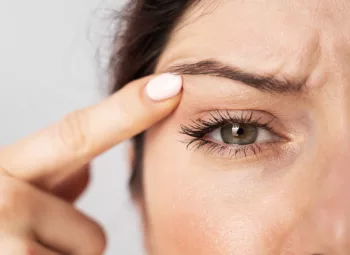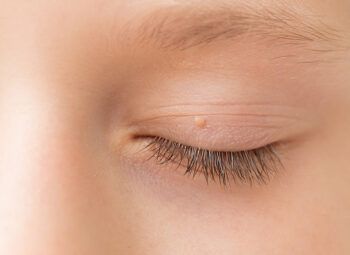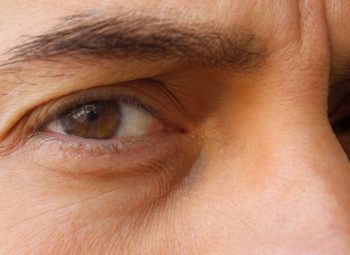
Dealing with an eye allergy can be the last thing you want to add to your already busy day. General itchiness and dry eyes are more than annoying, but pink eye and swelling?! Now that’s just too much! If you suffer from eye allergies, never fear- More than six million people experience a serious eye allergy every year. We’re here to make sure that you don’t follow the crowd, and keep your eyes happy and healthy. For warning signs and tips on how to prevent an eye allergy, read on.
If you find that you or someone you know is experiencing short-term and long-term eye allergy symptoms, we strongly advise you to seek out an eye doctor right away.
Allergy Season
Allergy season typically runs from early January to late November; however, each person reacts to allergens differently throughout the year.
Common Eye Allergy Symptoms
Pink Eye
- Conjunctivitis, known as pink eye, is the inflammation of the thin tissue found inside the eyelid and covering the white section of the outer eyeball.
Red Eye
- An allergic reaction can cause an increase in blood flow to the superficial area of the conjunctiva. This may lead to a noticeable reddening of the eyes.
Itchiness
- Itchiness may occur both on the eyelids and around the eye. In addition to itchiness, the eyes may feel dry and eye drops might be necessary for relief.
Pain
- Inflammation most often leads to pain. With an eye infection, the main pain target includes the eye and areas around the eye.
Watery Eyes
- Eyes watering is often a sign of an allergic reaction. Antibiotics can sometimes help in unblocking tear ducts.
Swollen Eyelids
- If eyelids become swollen, it may be due to general irritation to the skin as well as an allergic reaction.
Common Allergens
An allergen is an antigen that produces an abnormal immune response, causing your body to react in defense to the threat. When the eye comes into contact with an allergen, the defense system reacts, leading to the eye allergy symptoms above.
Most allergens fall under the category of food or plant Not all allergens affect the eye, however, the following allergens are known to cause eye allergy symptoms:
- Grass Pollen
- Trees
- Weeds
- Pet Dander
- Dust Mites
- Mold
- Cigarette Smoke
- Perfume
- Diesel Exhaust
An increasing number of eye allergy cases are related to medications and contact lens wear. Also, animal hair and certain cosmetics, such as mascara, face creams, and eyebrow pencil can cause allergies that affect the eye. Touching or rubbing eyes after handling nail polish, soaps, or chemicals may cause an allergic reaction. Some people have a sensitivity to lip-gloss and eye makeup.
Eye Allergy Treatment and Prevention
Many allergy symptoms are temporary and can be eliminated once contact with the offending allergen has ended. To ensure that you avoid prolonged eye allergy symptoms, here are some tips to follow:
General Eye Care
- Eye drops – General eye drops can help relieve itchiness and dryness due to an allergic reaction
- Allergy Shot – Getting an allergy shot guarantees protection up to 60%
- Medication – Antihistamines (non-sedative), prescription eye drops and decongestants are top options for treating severe eye allergy. Before use, consider talking about medication options with your eye doctor.
Indoors
- Utilizing pillow and furniture covers provides a border from allergens.
- Washing bed sheets and comforters in warm or hot water eliminates surface dander and pests.
- Cleaning floors, counters, and large surfaces help ensure that allergens don’t collect inside in the house.
Outdoors
- Use A/C or air purifiers, and be sure to switch them out for fresh ones.
- Wear sunglasses or eyeglasses to prevent pollen from entering your eye area.
- When the pollen count is high, make sure to stay indoors.
- If allergic to grass, wear long-sleeved clothing and glasses to protect eyes and skin from infection.
- Get an allergy shot. The best way to prevent eye allergy is through guaranteed protection.
If you experience continued irritations from your contact lenses, you may need to change your lens prescription and for the short term stop wearing the lenses to allow your eyes to heal. Regular lens cleaning habits may be necessary to keep airborne and chemical allergens from entering your eyes when the contacts are handled.
Next Steps
The best source for treating your eye allergy is a visit to your Ophthalmologist. We suggest you book an eye appointment no later than 24 hours after your allergic reaction or if you experience a prolonged reaction. To make an appointment with Neovision, call us at 510-431-5511 or schedule your appointment online today!





